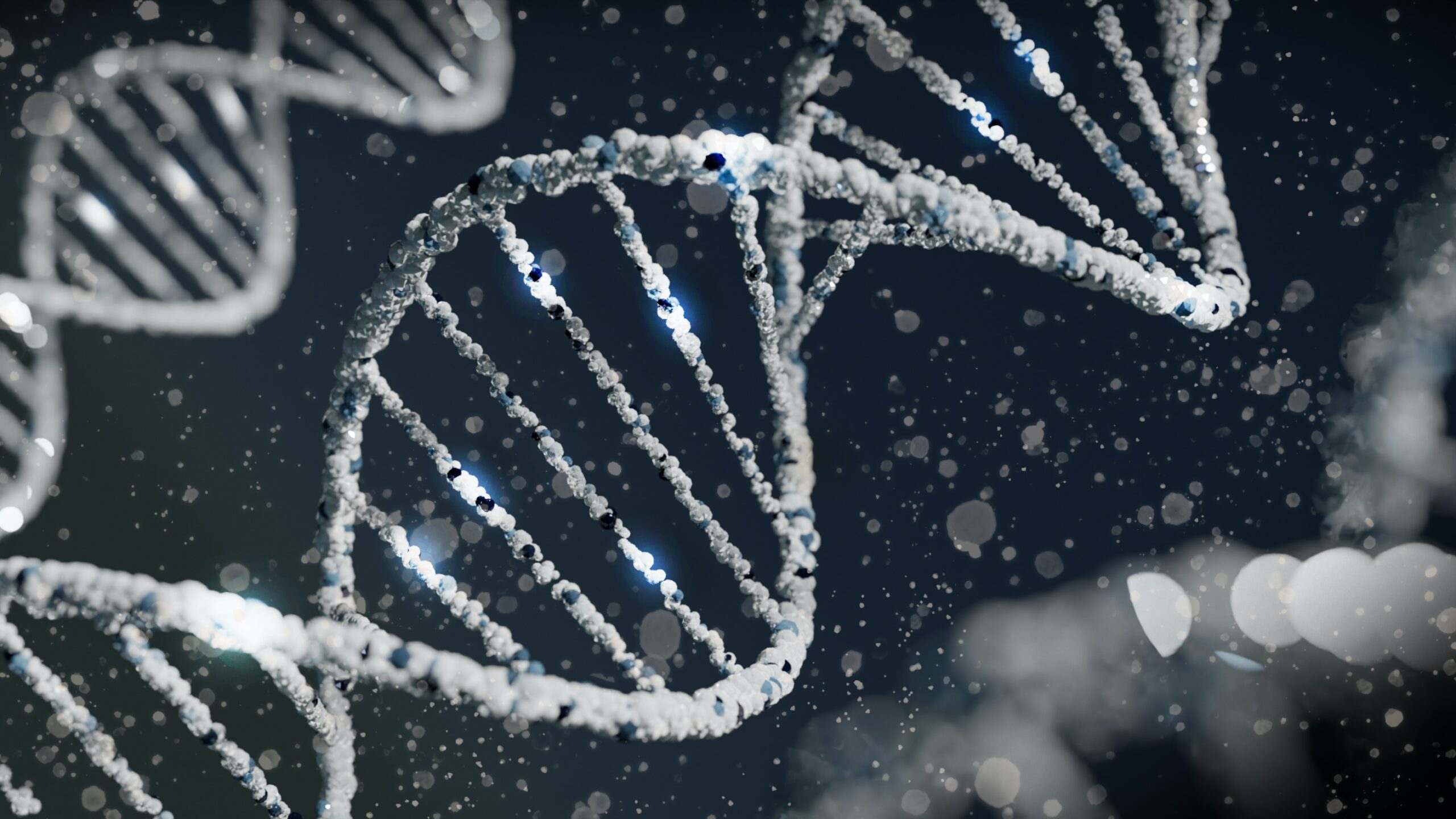Is Lung Cancer Hereditary?
By Kristina Johnson |
Some forms of lung cancers can be connected to hereditary factors. Non-small cell lung cancers have a higher chance of being hereditary or connected to gene mutations.

Hereditary Lung Cancer – Risk Factors and Causes
If you have a family member diagnosed with lung cancer, you might be concerned about the possibility of hereditary transmission. It’s important to know that while hereditary factors do play a role, the likelihood of inheriting lung cancer remains relatively low. Individuals with a sibling or parent who has had lung cancer do have a slightly elevated risk compared to those without a family history. However, it’s essential to note that hereditary cases account for only around 8 percent of all lung cancer cases.
Lung cancer’s causes are multifaceted. While genetic factors can contribute, exposure to carcinogens like those found in tobacco smoke or other environmental elements can also trigger the disease. Mutated genes can initiate cancer development, and the role of oncogenes in facilitating cell division and spread cannot be overlooked. This means that hereditary lung cancer might be linked to specific genetic mutations, yet cases can also arise from exposure to harmful substances in the surroundings.
There’s no need to panic for those with family members affected by lung cancer. Regular medical checkups can provide valuable insights into your health and help detect any potential issues early. By staying informed about the risk factors and causes, you can make informed decisions about your lifestyle and health management. Remember, while hereditary lung cancer is a consideration, many cases stem from preventable external factors. Stay vigilant and proactive about your well-being, and consult with healthcare professionals to create a personalized plan that works for you to increase survival rates.
Genetics and Lung Cancer – The Importance of Genes
A good portion of lung cancer diagnoses can be connected to a patient smoking or inhaling secondhand smoke for a portion of their lives. Another way to receive a diagnosis is through hereditary lung cancer. Having a family history of any condition typically puts the rest of the family in immediate danger of receiving the same diagnosis.
Mutations of tumor protein p53 (TP53) have been known to be connected with many cases of non-small cell lung cancer. The main function of TP53 is to produce a protein that helps suppress tumor growth. Once this gene is mutated, lung cancer can begin to grow and spread rapidly as no gene stops the growth. Mutation of TP53 can be hereditary, passed from parent to child, or it can be developed later in life.
Mutated genes can play a significant role in the development of hereditary lung cancer. The risk of contracting lung cancer because of a gene mutation is higher among immediate relatives, such as parents to children, and vice versa. Research into other genes that could show susceptibility to lung cancer is continually being investigated.
What Types of Lung Cancer are Hereditary?
Non-small cell lung cancer types have a higher hereditary connection than small-cell lung cancer. Around 60 percent of lung adenocarcinoma cancer cases have gene mutations. Gene mutations aren’t always hereditary and they can occur separately. Gene mutations can be passed down through families, but you can also receive the mutation through environmental exposure or spontaneously.
Some non-small cell lung cancers overproduce the EGFR protein creating a gene mutation. At least 8 EGFR protein mutations have been linked to lung cancer. The overproduction of the protein is associated with the abnormal multiplication of lung cancer cells. The somatic mutation of EGFR protein has been associated with lung adenocarcinomas, which can be hereditary. If someone in your family carries an EGFR protein mutation or other gene mutations, your chances of getting lung cancer have doubled in likelihood.
What to Do if Your Family Member has Lung Cancer
Be available to be a support system for your family member after they receive a lung cancer diagnosis. Many questions can arise after a diagnosis and not knowing where to turn. Finding answers can come from speaking with a lung cancer doctor and setting up a time to receive emotional support throughout your journey.
Early detection of lung cancer can be done through regular screenings for cancer. If you have smoked, been exposed to secondhand smoke, or have known hereditary lung cancer in your family, receiving a yearly lung cancer screening could benefit if you are diagnosed. Lung cancer is one of the deadliest forms of cancer with a low survival rate. Catching it early and receiving treatment immediately may improve your prognosis.
Emotional support comes in various forms, including therapy, counseling, and support groups, all readily accessible. Our patient advocates are here for you if you’re seeking guidance to locate these resources. Reach out to the Lung Cancer Center to gain insights into your diagnosis, hereditary lung cancer risk, and the comprehensive support available for you and your loved ones.